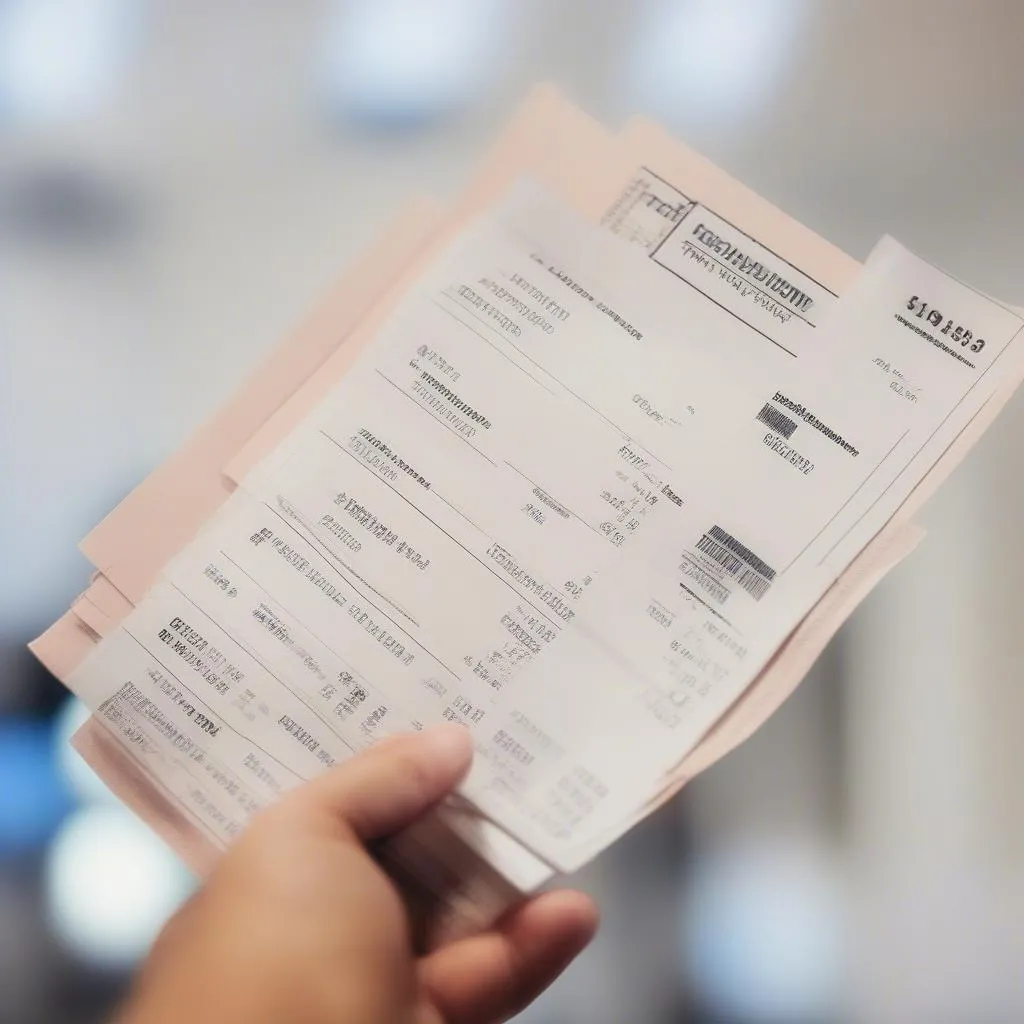Have you ever found yourself wandering through the bustling streets of a new city, stomach rumbling after a long day of meetings, wondering, “Are these delicious tacos actually a business expense?” If so, you’re not alone! Many business travelers find themselves pondering the ins and outs of deductible travel expenses, especially when it comes to those all-important meals.
Deciphering the Delicious Details: When Are Meals Deductible?
The IRS allows deductions for meals while traveling for business, but there are some important caveats to keep in mind. Let’s break down the rules and regulations:
1. Ordinary and Necessary: The Foundation of Deductible Expenses
First and foremost, the meal must be considered “ordinary and necessary” for your business. This means the expense should be common and accepted in your industry and directly related to your business activities.
For example, imagine you’re attending a tech conference in San Francisco. Grabbing a quick lunch between seminars at a local cafe would likely qualify as “ordinary and necessary.” On the other hand, a lavish 10-course tasting menu at a Michelin-star restaurant, while tempting, might raise some eyebrows with the IRS.
2. Away from Your Tax Home: The Importance of Location
The “away from home” rule is another crucial factor in determining meal deductibility. “Tax home” refers to your regular place of business, not necessarily your personal residence. To deduct meals, you need to be traveling overnight for business purposes, meaning you need to be away from your tax home long enough to require sleep or rest.
Let’s say your office is in New York City, but you’re attending a week-long industry conference in Las Vegas. All your meals during that week in Vegas would be considered deductible travel expenses.
3. The 50% Limitation: Keeping Your Deductions in Check
While the IRS generally allows deductions for meals while traveling for business, they impose a 50% limitation on these deductions. This means you can only deduct 50% of the actual cost of your meals.
 Business Lunch Meeting
Business Lunch Meeting
4. Record Keeping is Key: Don’t Forget Those Receipts!
Just like any other business expense, meticulous record keeping is vital for deducting your travel meals. Make sure to keep all your receipts and document the following information:
- Date and time of the meal
- Location of the restaurant
- Business purpose of the meal (e.g., meeting with a client, attending a conference)
- Total amount spent, including tips
 Tracking Expenses with Receipts
Tracking Expenses with Receipts